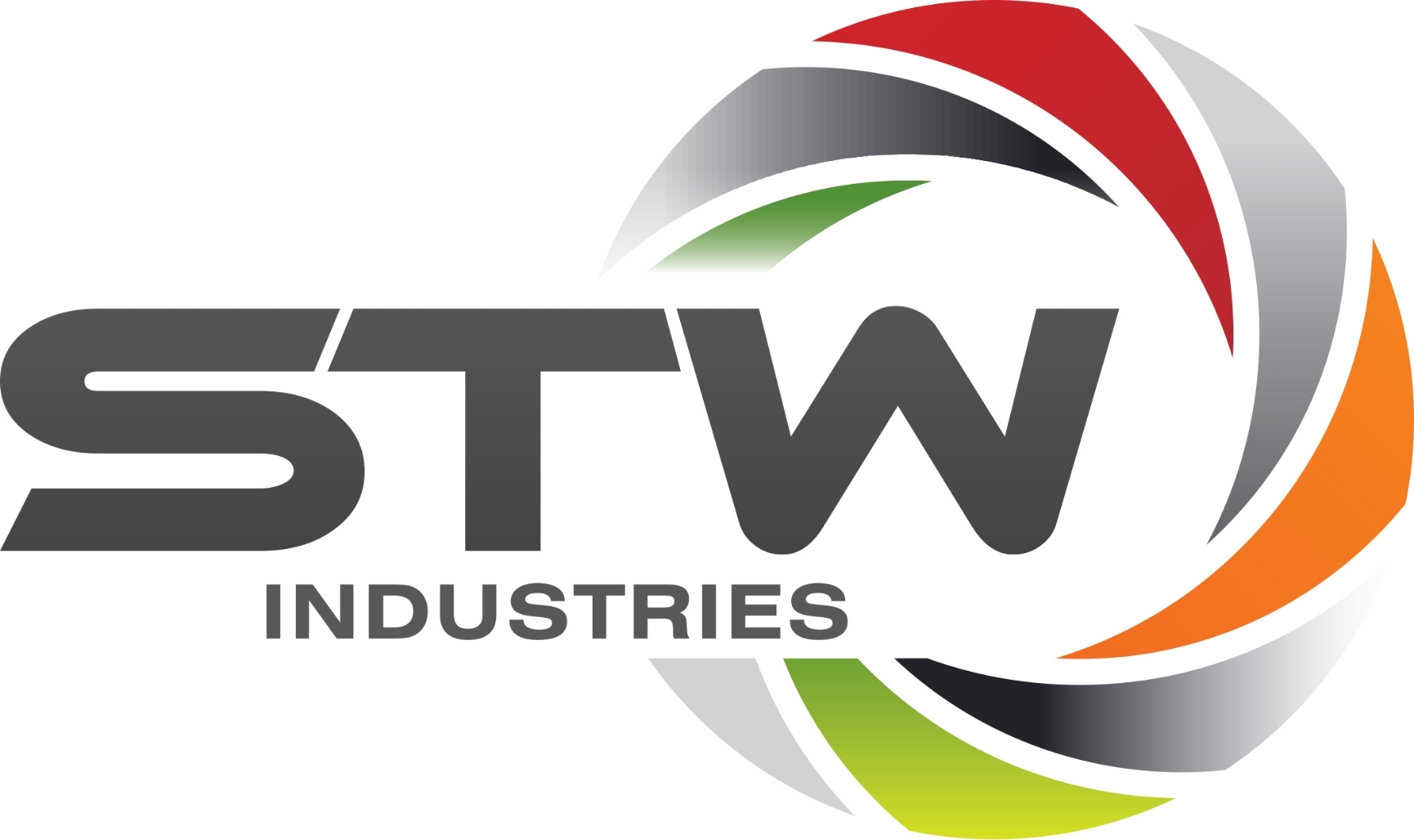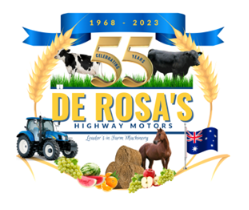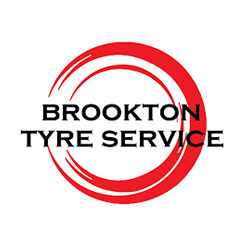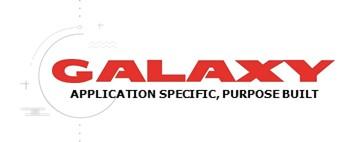What are industrial tyres & wheels?
Industrial tyres and wheels are specialised components designed for use in heavy-duty industrial applications. These tyres and wheels are typically larger and more durable than standard tyres and are designed to provide optimal traction, stability, and durability in harsh industrial environments.
Industrial tyres can be found on a variety of heavy equipment, including forklifts, cranes, earthmovers, mining equipment, and other industrial vehicles. These tyres are designed to withstand heavy loads, high speeds, and rough terrain.
Industrial wheels are used in conjunction with industrial tyres and are designed to provide support and stability for heavy equipment. These wheels are typically made of steel or other high-strength materials and are designed to withstand the heavy loads and stress associated with industrial applications.
Overall, industrial tyres and wheels are critical components in many industrial settings, helping to ensure the safe and efficient operation of heavy equipment in challenging environments.
What’s the difference between industrial tractor and industrial port tyres?
Industrial tractor tyres and industrial port tyres are both specialised types of industrial tyres, but they are designed for different types of applications.
Industrial tractor tyres are designed for use on tractors and other agricultural equipment. They are typically larger and wider than standard car tyres and are designed to provide excellent traction and flotation on soft, muddy, or uneven terrain. Industrial tractor tyres typically have a deep tread pattern that helps to improve traction and reduce slippage, and they are often constructed with reinforced sidewalls to help prevent punctures and damage from rough terrain.
Industrial port tyres, on the other hand, are designed for use in port and terminal applications, such as on container handling equipment or heavy-duty forklifts. These tyres are designed to withstand heavy loads and high speeds, and they often have a smooth tread pattern to reduce rolling resistance and improve fuel efficiency. Industrial port tyres are typically made with high-strength materials, such as steel, and they are designed to provide excellent stability and durability in challenging port environments.
Overall, while both industrial tractor tyres and industrial port tyres are designed for heavy-duty industrial applications, they are optimised for different types of terrain and equipment, and they have different design features to help them perform effectively in their respective environments.
Advantages of Industrial Tyres
There are several advantages of industrial tyres and wheels that make them a critical component of heavy-duty industrial equipment. Some of these advantages include:
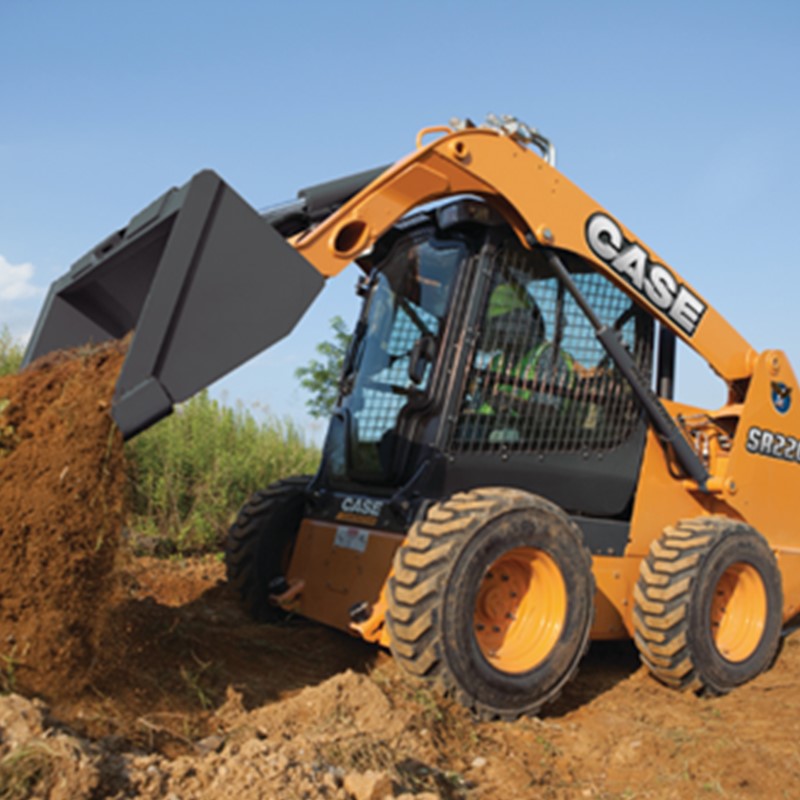
- Durability: Industrial tyres and wheels are designed to withstand heavy loads, high speeds, and rough terrain, making them more durable than standard tyres and wheels.
- Stability: The design of industrial tyres and wheels provides improved stability and traction, which helps to prevent accidents and increases overall safety in industrial environments.
- Versatility: Industrial tyres and wheels are available in a wide range of sizes and designs, making them suitable for use in many different types of heavy-duty equipment, including forklifts, cranes, and mining equipment.
- Improved performance: The design of industrial tyres and wheels can improve the performance of heavy equipment, such as by providing better traction or reducing rolling resistance, which can help to increase productivity and efficiency.
- Reduced maintenance costs: Because industrial tyres and wheels are designed to be more durable than standard tyres and wheels, they can help to reduce maintenance costs by lasting longer and requiring less frequent replacement.
Overall, the use of industrial tyres and wheels can help to improve the safety, performance, and efficiency of heavy-duty industrial equipment, making them a critical component of many industrial applications.
Disadvantages of industrial tyres
While industrial tyres offer many advantages in heavy-duty industrial applications, there are also some disadvantages to consider. Some of these disadvantages include:
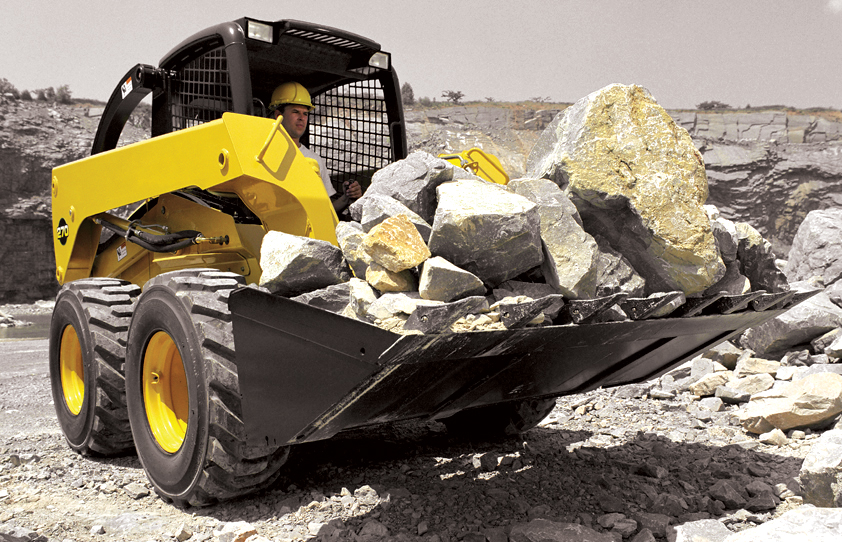
- Cost: Industrial tyres are typically more expensive than standard tyres due to their specialized design and construction. This can increase the overall cost of heavy equipment and maintenance.
- Limited speed: Industrial tyres are designed for heavy loads and stability, and are often limited in their maximum speed, which can slow down operations in some industrial environments.
- Harsh ride: The sturdy construction of industrial tyres and wheels can result in a rougher ride for operators and passengers, which can be uncomfortable and cause fatigue over long periods of use.
- Difficulty in changing: Industrial tyres are often larger and heavier than standard tyres, which can make them difficult to change or replace, requiring specialized equipment or professional assistance.
- Environmental impact: The production, use, and disposal of industrial tyres can have a significant environmental impact, particularly if they are not recycled or disposed of properly.
Overall, while industrial tyres offer many advantages in heavy-duty industrial applications, it is important to consider the potential disadvantages and weigh them against the specific needs of the application in order to make an informed decision.
What are some of the most popular industrial tyres?
There are several types of industrial tyres available, and the most popular type depends on the specific application and the type of equipment being used. However, some of the most commonly used types of industrial tyres include:
- Pneumatic tyres: These are the most common type of industrial tyres, and they are designed to provide cushioning and improved traction in rough terrain. Pneumatic tyres are filled with air and have a tread pattern designed for specific terrains, such as dirt or gravel.
- Solid tyres: These tyres are made of solid rubber and do not require air to function. They are highly durable and resistant to punctures, making them ideal for heavy-duty applications in rough environments.
- Cushion tyres: These tyres are typically used on forklifts and other warehouse equipment, and are designed to provide a cushioned ride on smooth surfaces. Cushion tyres are made of a special compound that provides a softer ride than solid tyres.
- Non-marking tyres: These tyres are designed to reduce marks or scuffs on indoor floors, and are commonly used in warehouses or factories. Non-marking tyres are made of a special rubber compound that does not leave marks on surfaces.
- Industrial radial tyres: These tyres are designed to improve fuel efficiency and reduce rolling resistance, making them ideal for applications where speed and efficiency are important.
Overall, the choice of industrial tyre depends on the specific application, the type of equipment being used, and the terrain or surface on which the equipment will be operating.
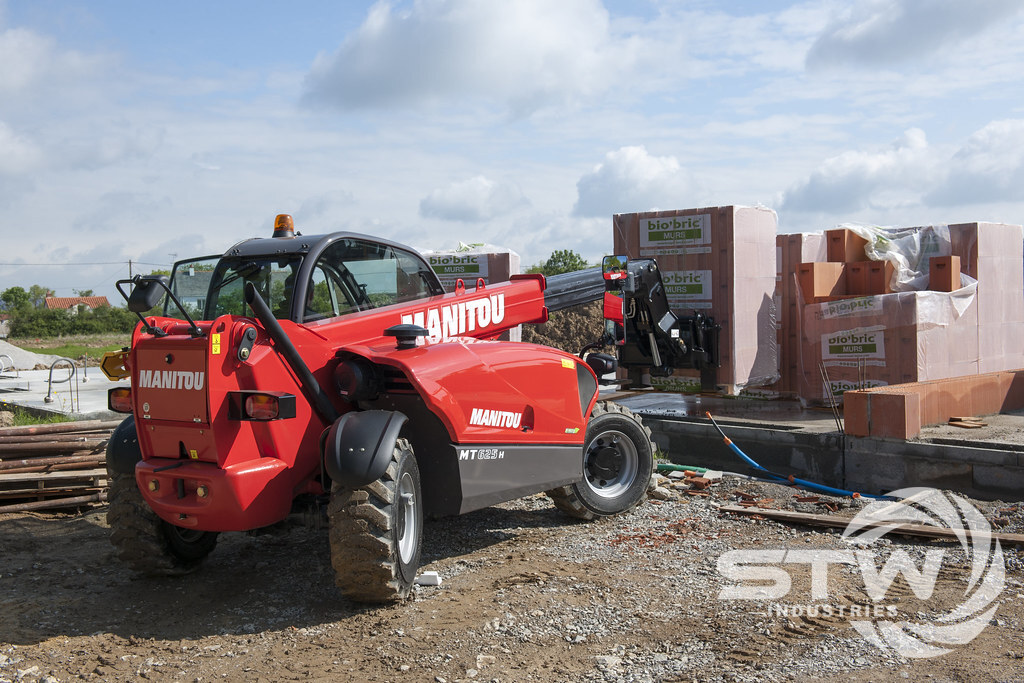
How much do industrial tyres & wheels cost?
The cost of industrial tyres and wheels can vary widely depending on several factors, including the size, type, brand, and quality of the tyre or wheel. Additionally, the cost can also be affected by the specific application and the type of equipment being used.
